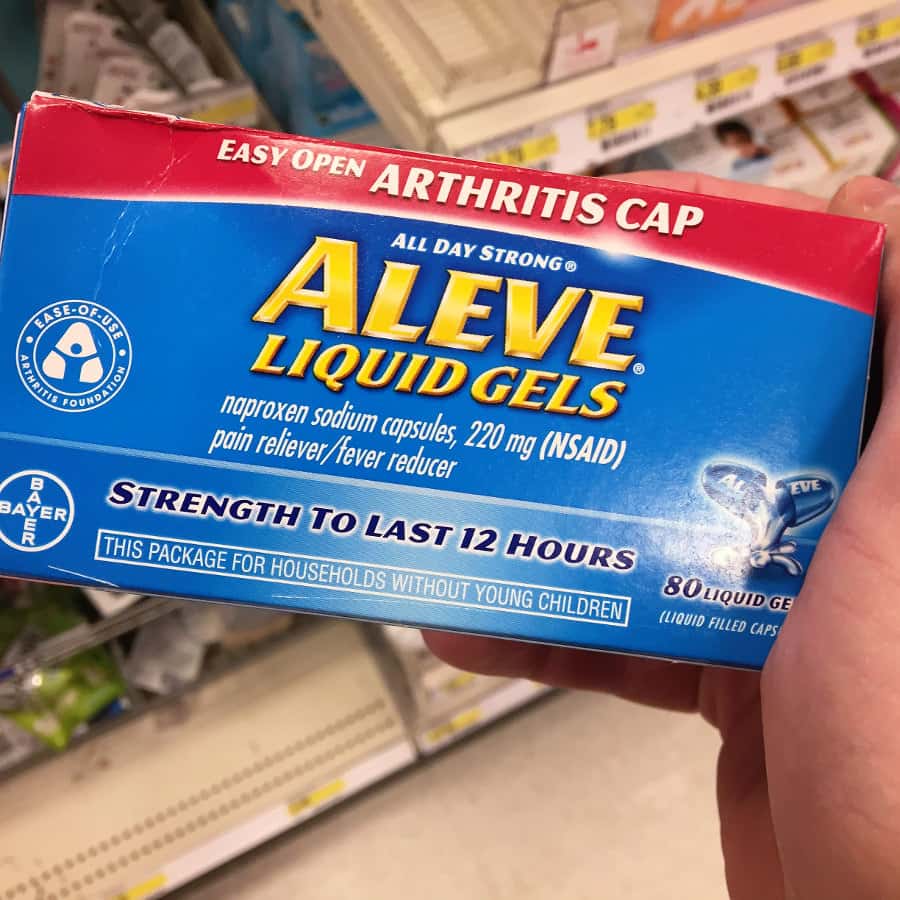
Nonsteroidal anti-inflammatory drugs (or NSAIDs) have been linked to a variety of cardiovascular complications. Pain relievers like ibuprofen, found in Advil and Motrin, as well as Celebrex, diclofenac, and meloxicam carry heart warnings because of an increased risk of blood clots that can lead to heart attacks and strokes.
Some studies suggested that naproxen, found in prescription strength Naprosyn or over-the-counter Aleve, might be less likely to pose a risk of blood clots or other cardiovascular problems. A recent panel of experts commissioned by the FDA to look into the cardiovascular safety of naproxen has decided, however, that the evidence is not strong enough to ease warnings on the label. In other words, naproxen does not get a pass.
As a result, all NSAIDs will continue to carry a warning about heart risks. The panel even voted to strengthen the warning to alert consumers that the heart-related risks begin with the first pill. It is not clear whether the FDA will actually follow the panel’s recommendations, but consumers should be aware that all such pain relievers carry potential hazards. Physicians frequently focus on the very real dangers to the digestive tract and the potential for ulcers, but the cardiovascular complications also deserve attention.

